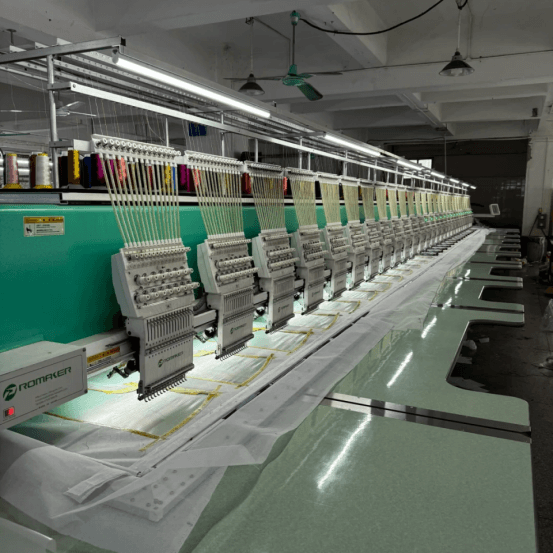In recent years, the demand for personalized plush toys has been on the rise. Consumers no longer settle for mass – produced, generic plush toys but seek unique, customized items that reflect their individuality, commemorate special events, or serve as one – of – a – kind gifts. Plush toy customization manufacturers have responded with a variety of strategies to meet these personalized demands.

In – depth Communication with Customers
The first step for manufacturers is to establish in – depth communication channels with customers. This often starts with detailed online questionnaires or one – on – one consultations. Through these, manufacturers can understand the customer’s concept for the plush toy. For example, if it’s a commemorative plush toy for a wedding, the customer may want it to resemble the bride and groom, complete with wedding – themed accessories. Manufacturers need to clarify every aspect, from the choice of fabric and color to the specific design elements of the plush toy’s facial features and body shape. Some manufacturers even offer virtual design previews, allowing customers to see a digital mock – up of their customized plush toy before production begins. This helps customers visualize the final product and make any necessary adjustments.

Advanced Design Tools and Skilled Designers
To translate customers’ ideas into reality, manufacturers rely on advanced design tools. Computer – aided design (CAD) software is widely used in the plush toy design process. Designers can use this software to create 2D and 3D models of the customized plush toys, accurately depicting the shape, size, and details. Skilled designers play a crucial role as well. They not only have a good understanding of plush toy manufacturing techniques but also possess artistic creativity. For instance, when a customer requests a plush toy in the form of a unique fictional character, designers need to research the character’s traits and then use their skills to design a plush version that captures its essence. They might experiment with different fabric textures and colors to achieve the right look, such as using a soft, fluffy fabric for a character with a furry appearance.

High – Quality and Diverse Material Options
Personalized plush toys require a wide range of high – quality materials to meet different customer preferences. Manufacturers stock various types of plush fabrics, including polyester, cotton – blend, and even eco – friendly options like bamboo – based materials. Different materials offer distinct textures, softness levels, and durability. For example, a customer who wants a plush toy for a baby may prefer a super – soft, hypoallergenic cotton – blend fabric, while someone looking for a long – lasting collectible may choose a more durable polyester material. In addition to the main fabric, manufacturers also offer a variety of filling materials, such as PP cotton, which is widely used for its softness and shape – retaining properties, and memory foam for a more unique feel. Accessories like buttons, ribbons, and synthetic fur for added details are also available in different colors and styles to match the customized design.

Flexible Production Processes
Plush toy customization manufacturers have adapted their production processes to be more flexible. Small – batch production has become a common approach. This allows them to produce a single customized plush toy or a small number of identical customized items without incurring excessive costs. Advanced manufacturing techniques, such as laser cutting for precise fabric shaping and automated sewing machines with programmable settings, enable efficient production while maintaining high quality. For example, when creating plush toys with complex shapes or patterns, laser cutting ensures that the fabric pieces are cut accurately, reducing waste and making it easier to assemble the toy. Moreover, manufacturers have streamlined their supply chains to ensure that they can quickly source the specific materials needed for each customized order, minimizing production delays.
Quality Control at Every Step
To ensure that each personalized plush toy meets the customer’s expectations, strict quality control measures are implemented at every stage of production. Starting from the inspection of raw materials, manufacturers check for any defects in the fabric, such as color unevenness or fabric flaws. During the sewing process, quality controllers monitor the stitching to ensure it is strong and even. After the toy is assembled, a final inspection is carried out to check for overall appearance, including the proper attachment of accessories and the correct shaping of the plush toy. Any plush toys that do not meet the quality standards are either reworked or discarded. This attention to quality control not only guarantees customer satisfaction but also helps build a good reputation for the manufacturer in the highly competitive personalized plush toy market.
In conclusion, plush toy customization manufacturers meet the needs of personalized customization through comprehensive customer communication, advanced design capabilities, diverse material choices, flexible production processes, and strict quality control. These efforts enable them to create unique, high – quality plush toys that bring joy and satisfaction to customers.




